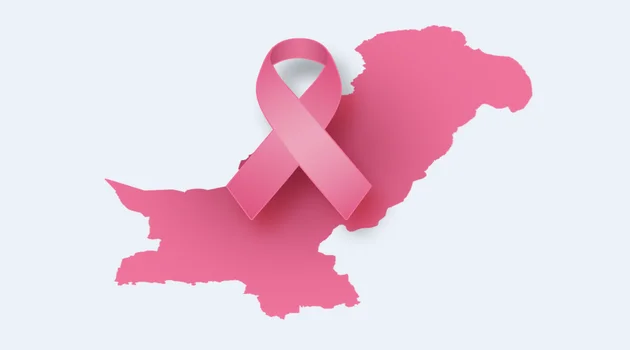Breast cancer is the most common cancer among women in Pakistan, with alarming statistics that demand urgent attention. Every year, thousands of women are diagnosed at late stages, making treatment more difficult and survival rates lower. Despite growing awareness, Pakistan still faces unique challenges that hinder timely detection and effective treatment of this disease.
The Challenges
1. Lack of Awareness
Many women in Pakistan are still unaware of the importance of early detection and self-examination. Cultural taboos and hesitations about discussing women’s health issues add to the problem, resulting in delays in diagnosis.
2. Limited Screening Facilities
Access to quality screening, such as mammography and ultrasound, is restricted to major cities. Women in rural areas often have no access to proper diagnostic centers, leaving them more vulnerable.
3. Financial Constraints
Cancer treatment is expensive, and many families cannot afford the costs of surgery, chemotherapy, and long-term care. With limited insurance coverage, breast cancer becomes not just a health crisis but also a financial burden.
4. Stigma and Social Barriers
In conservative communities, women hesitate to seek medical help due to social stigma. Fear of judgment, loss of marriage prospects, or lack of family support often prevent women from seeking timely treatment.
5. Rising Incidence in Younger Women
A disturbing trend in Pakistan is the increasing number of breast cancer cases among women in their 30s and even younger. This makes awareness and preventive strategies even more critical.
The Way Forward
1. Nationwide Awareness Campaigns
Educational initiatives through schools, colleges, media, and community programs must emphasize early detection, regular check-ups, and breast self-examination.
2. Strengthening Healthcare Infrastructure
Government and private sectors should invest in expanding screening facilities across rural and urban areas, ensuring affordability and accessibility for all women.
3. Financial Support Programs
Subsidized treatment, health insurance coverage, and public-private partnerships can help ease the financial burden of cancer care on families.
4. Breaking the Silence
Religious leaders, community elders, and media personalities must step forward to normalize conversations around women’s health. When society speaks openly, stigma loses its power.
5. Research and Early Detection Programs
Local research on breast cancer trends, especially in younger women, can help design more effective prevention and treatment strategies tailored for Pakistan.

